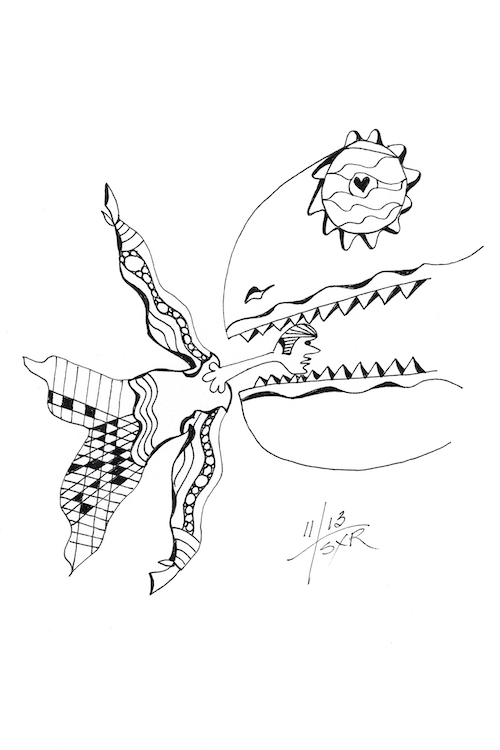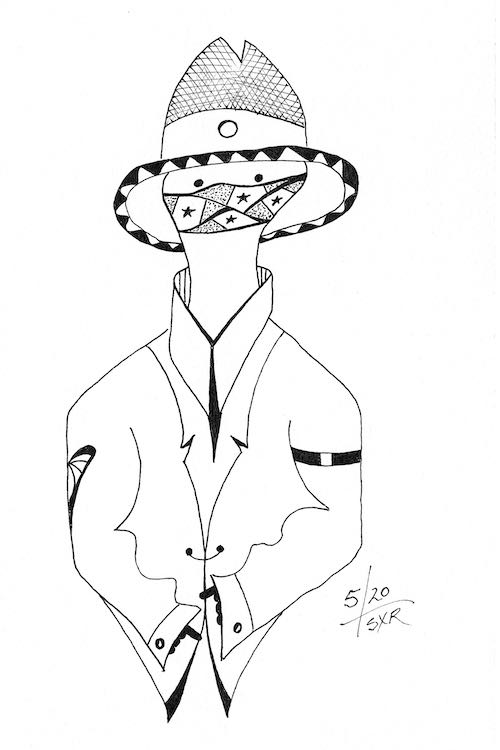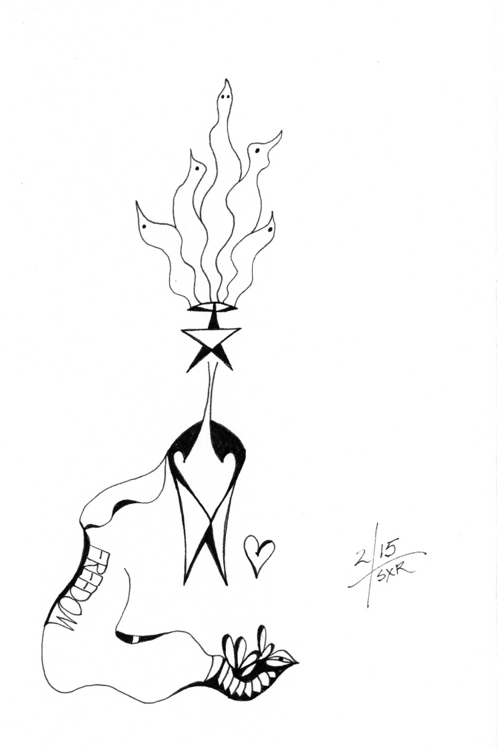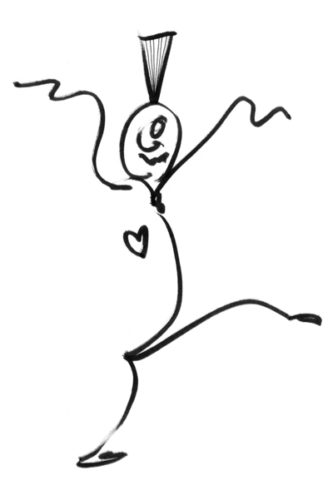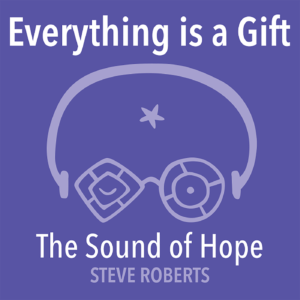As a recovering alcoholic of 32 years, I’m always delighted to run across a fresh insight about addiction, such as the following from David Milch, fabulous writer of one of my favorite westerns, the HBO series “Deadwood,” set in raw, lawless South Dakota circa 1870, where you can hear the word “cocksucker” more times than you ever thought possible while marveling at the Shakespearean beauty of the exposition it embellishes and the characters who speak it. Anyway, Mr. Milch’s ability to turn a phrase relating to addiction is equally memorable, if short on profanity:
Evidence that you’re close to hitting bottom:
Your circumstances are deteriorating faster
than you can lower your standards.

